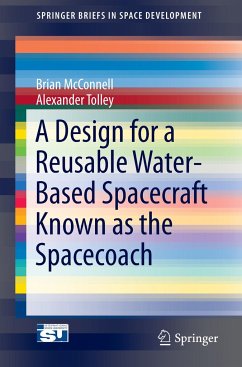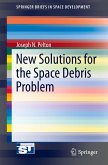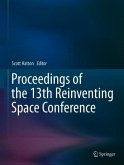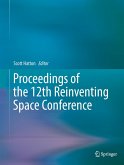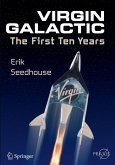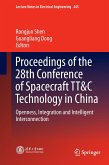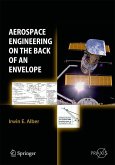Based on components already in existence, this manual details a reference design for an interplanetary spacecraft that is simple, durable, fully reusable and comprised mostly of water. Using such an accessible material leads to a spacecraft architecture that is radically simpler, safer and cheaper than conventional capsule based designs. If developed, the potential affordability of the design will substantially open all of the inner solar system to human exploration.
A spacecraft that is comprised mostly of water will be much more like a living cell or a terrarium than a conventional rocket and capsule design. It will use water for many purposes before it is superheated in electric engines for propulsion, purposes which include radiation shielding, heat management, basic life support, crew consumption and comfort. The authors coined the term "spacecoaches" to describe them, as an allusion to the Prairie Schooners of the Old West, which were simple, rugged, and could live off the land.
A spacecraft that is comprised mostly of water will be much more like a living cell or a terrarium than a conventional rocket and capsule design. It will use water for many purposes before it is superheated in electric engines for propulsion, purposes which include radiation shielding, heat management, basic life support, crew consumption and comfort. The authors coined the term "spacecoaches" to describe them, as an allusion to the Prairie Schooners of the Old West, which were simple, rugged, and could live off the land.

